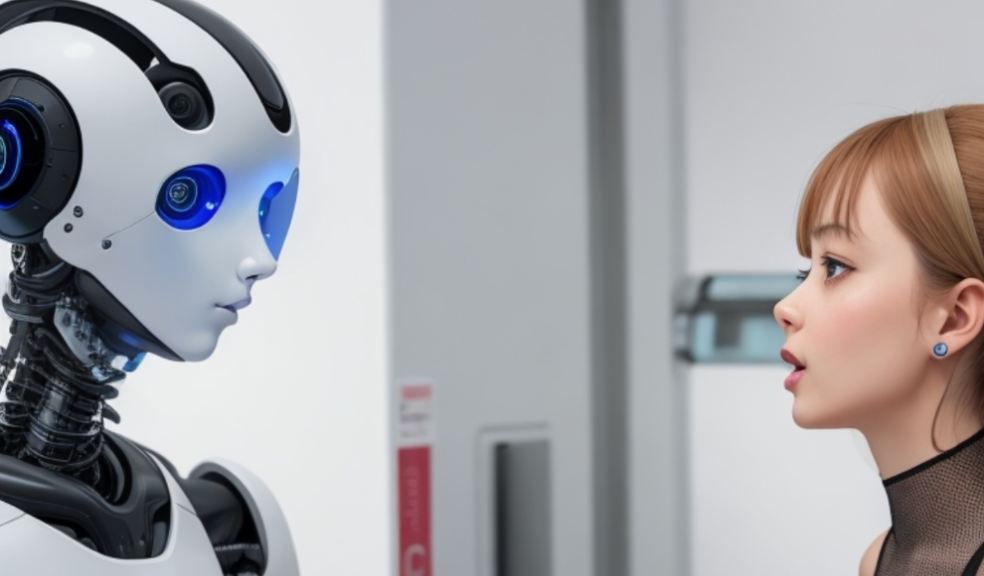
Translation rates: Is a human translator still worth hiring?
Language continues to be the main means of communication nowadays. There are roughly thousands of unique language varieties all over the modern world, which is a generally accepted fact. With the expansion of the Internet and growing international online communication, the need for translators’ services is constantly increasing.
The translation from English to Russian and vice versa has become one of the essential services nowadays in connection with the full-scale war which Russia initiated in 2022. However, now there is a choice between automated translation at a lesser cost and a professional’s help. Let’s break down the pros and cons of the two approaches.
Language Understanding
Modern machine translators are empowered by artificial intelligence. Language is a pattern-matching task for AI. By analyzing a lot of textual data that they’ve been trained on, they learn about statistics that show associations between various words and phrases.
Language understanding is a very complicated matter for human beings. We recognise the meaning behind individual words. People take into account their combined semantics, intonations, as well as contextual inferences. We also have a vast memory of language and a great natural response to it. AI has not yet attained such a degree of “understanding”.
In a word, when it comes to machine comprehension of language, there is obviously a lot of room for improvement. So, if modern machines do not understand languages properly, how can we rely on the quality of automated translations?
Russian Language Translation
I am a professional English-Russian translator and I tested several CAT (computer-assisted translation) tools, however, I found no one fitting my needs. Sometimes they suggested such a ridiculous outcome that made me roll on the floor laughing.
Context:
2 years ago our team translated a Russian film about one of The Great Russian Dutchess into English for further subtitling and voiceover. We listened to the video and then rendered the speech in English. When we first tried to use an automated speech translation tool, we got a lot of awkward results. Here is an example. “Свержение креста” (overthrowing the cross) was recognised and translated as “свержение Христа” (overthrowing Christ) because “креста” and “Христа” sounds quite similar in Russian. So, a human translator was needed to consider the context and produce a correct outcome. That’s where tools still fail.
I even think that these machines can never be as good as a human in identifying which context this phase or sentence is about.
Way of speech:
Computers take things too literally. Here is an example. We had an order to translate the poem ’A Visit from St. Nicholas’ by Clement Clarke Moore into Russian and Ukrainian. I took screenshots of the translations of 2 lines in both directions. That’s what I got:

In fact, computers can’t translate human language accurately, especially poems. And, of course, artificial intelligence won’t be able to verse in the near future. Can you imagine a tool that can use poetic language while rhythming and rhyming? Me either. So, contact Russian Language Services team in case you need to translate lyrics into Russian or Ukrainian.
Specialised vocabulary:
For the last half year, our translators' team has been working on the English-to-Russian translation of 3 books on psychotherapy. Since the books or articles on this psychological approach had never been translated into Russian, we started with the glossary of terms. That was challenging.
Three translators engaged in this project examined several specialised dictionaries and did a lot of research work online. We read tons of domain-specific articles to understand the concepts in order to convey them to Russian-speaking therapists the books were intended for. Can an automated tool do that? Of course, not!
Relationships between speakers:
Additionally, in the Russian language, the choice of pronouns depends on the environment of communication - whether relationships are formal or informal. That also affects verbal and adjectival forms. Automated tools have increased the accuracy of such intimate phrases as “I love you” and “I would like to kiss you” by displaying the informal Russian forms.
Nevertheless, some phrases can be neutral and suitable for both informal or formal occasions like “Can you pass the salt?” Google translates such phrases into formal variations because it fails to recognise the context. A human interpreter would have made a better decision, unlike an AI-powered assistant. An example could be “Would you like some tea” or ” How about a cup o' Jack” being dependent on the extent of informality that the person wants to express. This is a subtlety that only human understands completely.
Intent:
Purposefully breaking language rules is something that humans are prone to while computers can follow only pre-programmed general rules. For example, a person may decide to offend someone by using an informal pronoun. Or, vice versa, to use a formal word to create a funny effect. Jokes, ridicules, puns, and word-plays are sometimes difficult even for human interpreters. And they are a real challenge for computer translators. As an interpreter, I sometimes had to explain humour since it could not be translated literally.
It goes without saying that no translation program can ever be as precise and reliable as a human being. Communication has an extremely human component that revolves around contexts, special terms, social relations and intent. Computers cannot grasp these nuances.
Translation is complex because it involves not only languages but also cultural nuances. Only professional translators, with intimate knowledge of this intricacy, can produce good translations. Therefore, those who care about quality should settle for professional translations.
English to Russian Translation Rates
When deciding between machine translators and professional services, the crux of this issue comes down to cost.
Normally machine translations are free or cheap, especially from web services. However, elsewhere you would get premium offers and platforms with built-in automation for specialised, high-quality and confidential translation. And this top rate is quite high, perhaps as much as $0.10 per word for specialised or enterprise-level translation.
Nonetheless, professional translation services offer different rates according to how complicated a particular text is, the deadlines, and the capabilities of a particular translator. However, it’s imperative to understand that the cost of a professional translation is equal to its quality. In fact, poor translations can cost a lot for a business.
Is anyone crazy enough to entrust important document translation to a machine? Of course, once translation is done the output should be checked for typos and edited by a human expert. So, why don’t you simply hire a professional translator who will work with your document attentively from the start?
Moreover, professional services sometimes cost less than expected. For instance, there are specialised companies whose English to Russian translation rates are as little as $0.05 per word. This price includes not only the high-quality manual translation by a university-trained linguist but also the final review by an editor. It works out that buying such services can be even more affordable than opting for automated translation which still needs revision.

In conclusion, machines cannot and will never entirely replace human translators. Automated translation can be helpful in everyday communication but when accuracy is paramount one should appeal to qualified translators.













